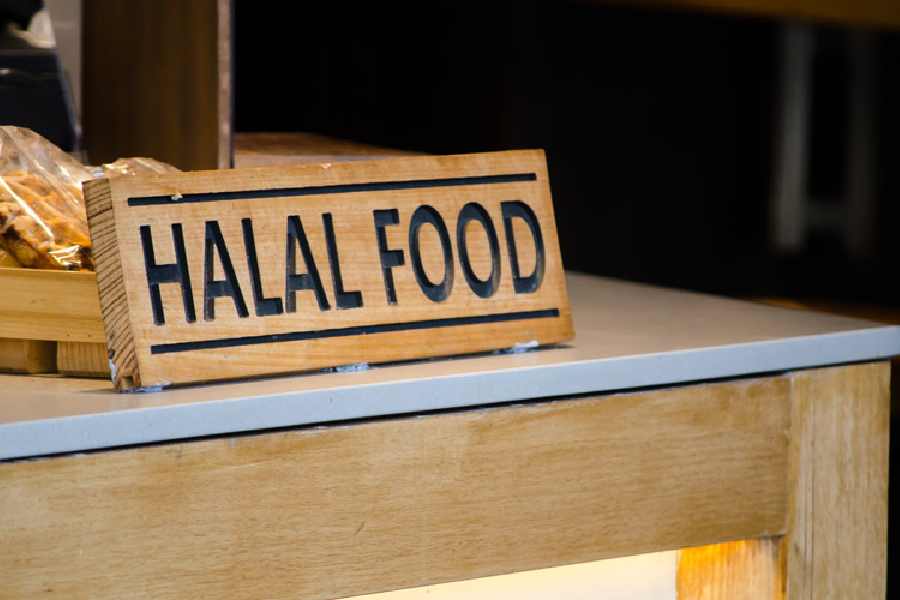The government on Friday extended the time period for accreditation of halal certification bodies and registration of export units by six months till April 5, 2024.
On April 6 this year, the Directorate General of Foreign Trade (DGFT) notified policy conditions for halal certification process for meat and meat products while directing the existing bodies to seek accreditation from National Accreditation Board for Certification Bodies (NABCB) for i-CAS (Indian Conformity Assessment Scheme) Halal in six months.
"Time period for accreditation of halal certification bodies and registration of export units have been extended by a period of six months i.e., up to April 5, 2024," the DGFT said in a notification.
DGFT is an arm of the ministry which deals with exports and import-related issues.
As per the guidelines, meat and its products are allowed to be exported as 'halal certified' only if they are produced, processed and packaged in a facility having a valid certificate issued by a body accredited by a board of the Quality Council of India.
They have to seek accreditation from NABCB.
Products covered under the notification include meat of bovine animals, fish and chilled meat of sheep and goats; and sausages and similar meat products.
To streamline the certification of meat and meat products as halal from the country, a scheme titled 'India Conformity Assessment Scheme (i-CAS)' has been developed.
Earlier, there was no mandatory halal certification system in India regulated by the government as the country does not have a national regulation for the certification.
The global halal food market reached a value of USD 1978 billion in 2021. Looking ahead, the market is projected to reach USD 3,907.7 billion by 2027.
In India, the country's halal industry is still in its infancy. There are no specific labelling requirements for halal food products imported to India.
Halal certification is given by many private companies in the country, marking the food or products as permissible.
The major halal-certifying organisations in the country include Halal India Pvt Ltd and Jamiat Ulama-i-Hind Halal Trust.
The International Halal Accreditation Forum (IHAF) is an international network of accreditation bodies mandated to enforce halal standards in their economies.
Countries, including Indonesia, Malaysia, Thailand, the Philippines, the UAE, and Pakistan, have their own halal standards. However, so far there have been no global halal standards.
The rapid growth of the halal industry has not only led to the halal technologies and innovations but also the halal-related laws and regulations that are still not harmonised globally, it said.
Due to the changed consumer perception, the halal market not only attracts the Muslim population but also non-Muslim consumers.
Except for the headline, this story has not been edited by The Telegraph Online staff and has been published from a syndicated feed.











